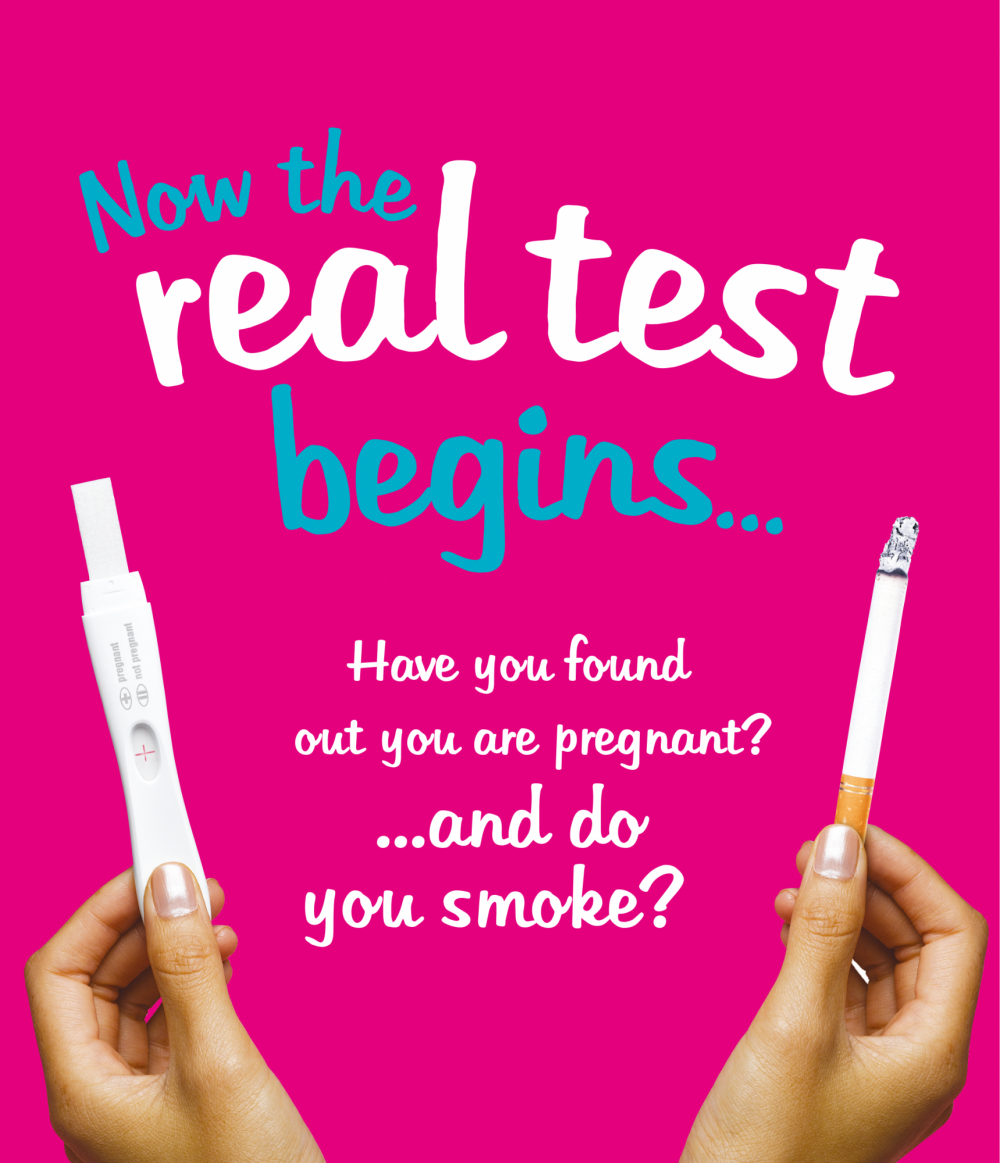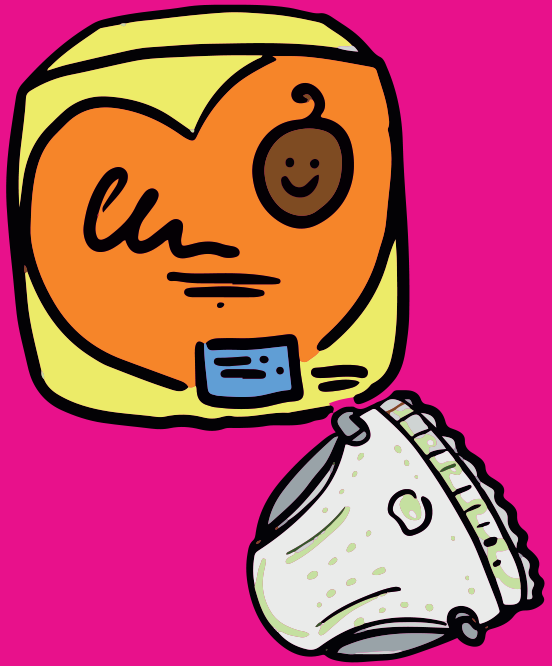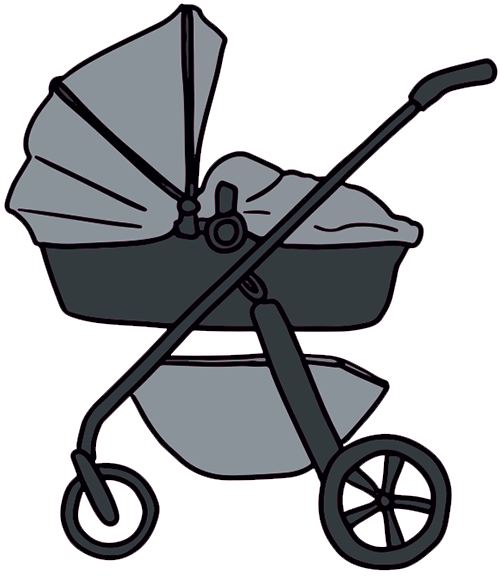10 May 2024
Events
Every year there are a number of local, national and international events that support the promotion of healthy life messages, give advice on how to quit, and explore topics around smoking in different age groups and cultures. For more information have a look at the links below.
Why Swap?
Let’s get better and swap to a less harmful form of nicotine this September.
Swaptember is a Humber and North Yorkshire region-wide campaign to raise awareness of the alternative forms of nicotine you can use in place of harmful tobacco.
Swapping cigarettes to less harmful forms of nicotine is a way of avoiding the harmful effects of tobacco, without the uncomfortable effects of nicotine withdrawal.
To find out more details click on this link www.swaptember.co.uk
If you want to stop straight away, or are swapping to stop, get in touch with your local stop smoking service, they offer:
- A dedicated, local stop smoking advisor, who is trained to help you adjust habitual behaviours around smoking
- Nicotine Replacement Therapy (NRT) or other stop smoking quit aids
- Weekly one-to-one sessions either in person, remotely or a combination of the two
- Some services also offer vapes and all services will support you if you want to use a vape to stop
Additionally, part of the NHS long term plan to reduce smoking, including smoking in pregnancy has seen the recruitment of Maternity Tobacco Dependence advisors for each Trust within the Humber and North Yorkshire region.
They are highly trained to issue NRT and behavioral therapy, during and after your pregnancy to you and significant others in the household to keep your home smoke free. Ask your Midwife to refer you if you want to stop or swap.
The Regional programme for the NHS long term plan for Tobacco Dependence is called Swap & Stop and more details can be found at www.swapandstop.co.uk
Swap to what?
The main reason that people smoke is because they are addicted to nicotine and one of the main reasons they aren’t successful in stopping is that they don’t use enough nicotine when they need it the most.
Vaping
A vape is an electronic device that delivers nicotine in a vapour. This allows you to inhale nicotine without most of the harmful effects of smoking, as the vapour contains no tar or carbon monoxide.
Research has found that vapes are one of the most effective methods of helping people stop smoking and are at least as effective as using 2 NRT products as described below. allowing the user to reduce the amount of nicotine until no longer dependent.
As with other approaches, they’re most effective if used with support from your local stop smoking service.
Nicotine Replacement Therapy (NRT)
NRT is a medicine that provides you with nicotine, without the tar, carbon monoxide and other poisonous chemicals present in tobacco smoke. It can help reduce unpleasant withdrawal effects, such as bad moods and cravings, which may occur when you stop smoking.
NRT is most effective in helping you swap or stop when combined with behavioural support from an expert stop smoking advisor, which addresses your habits around smoking.







